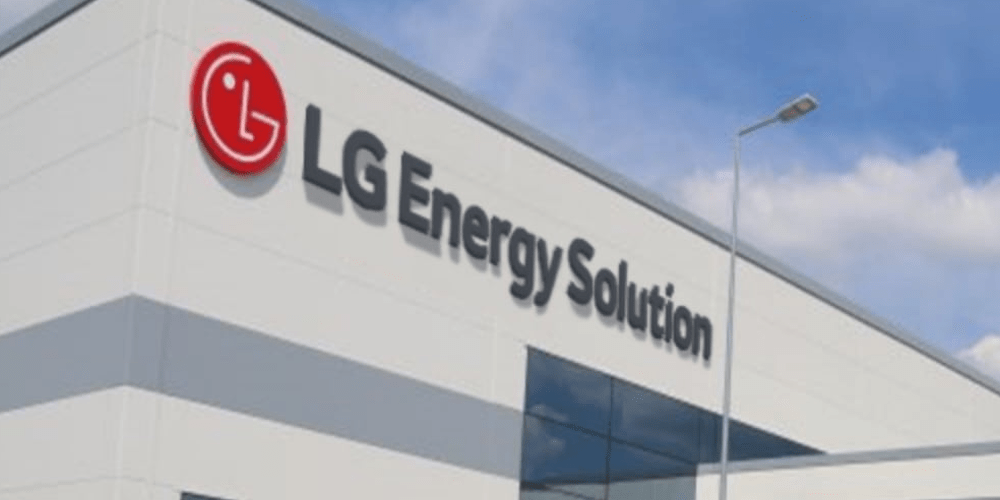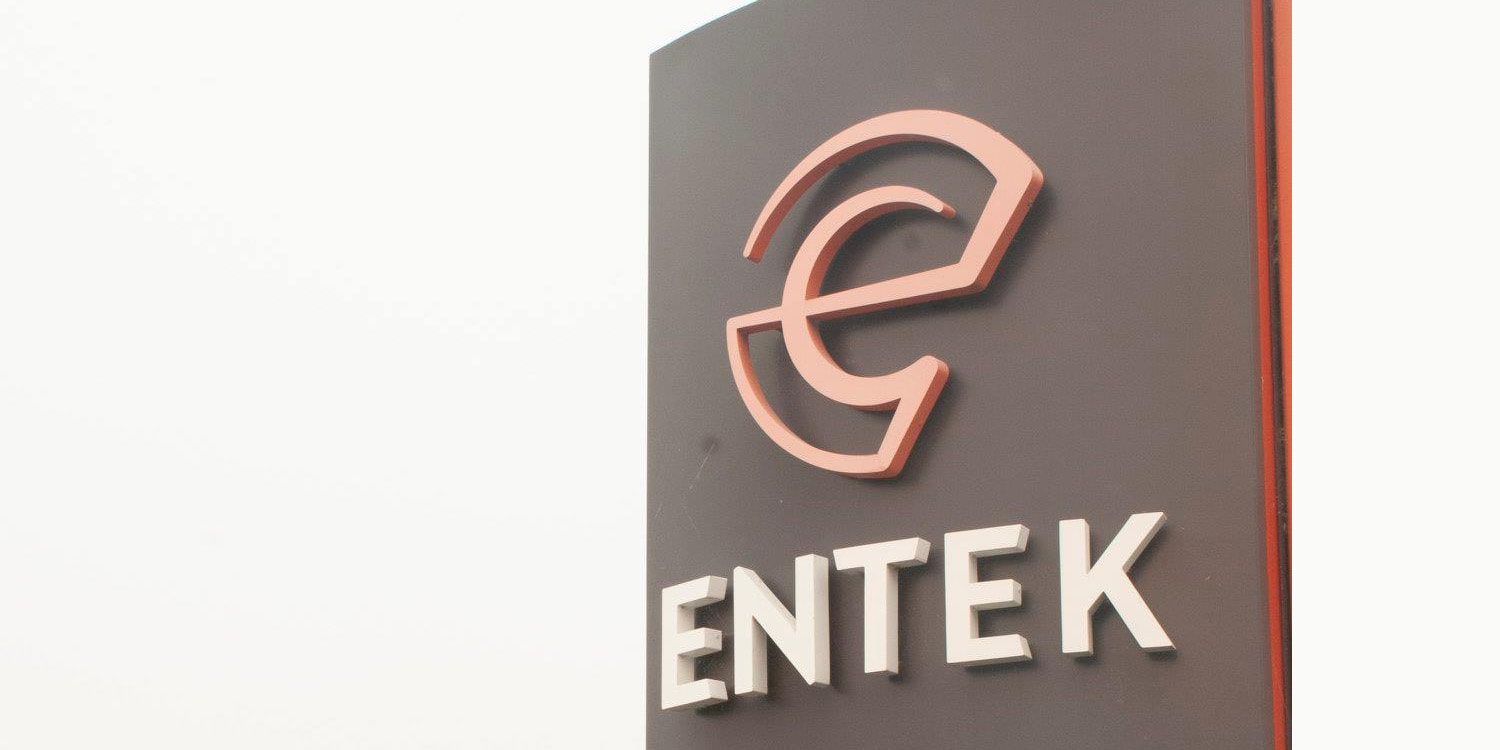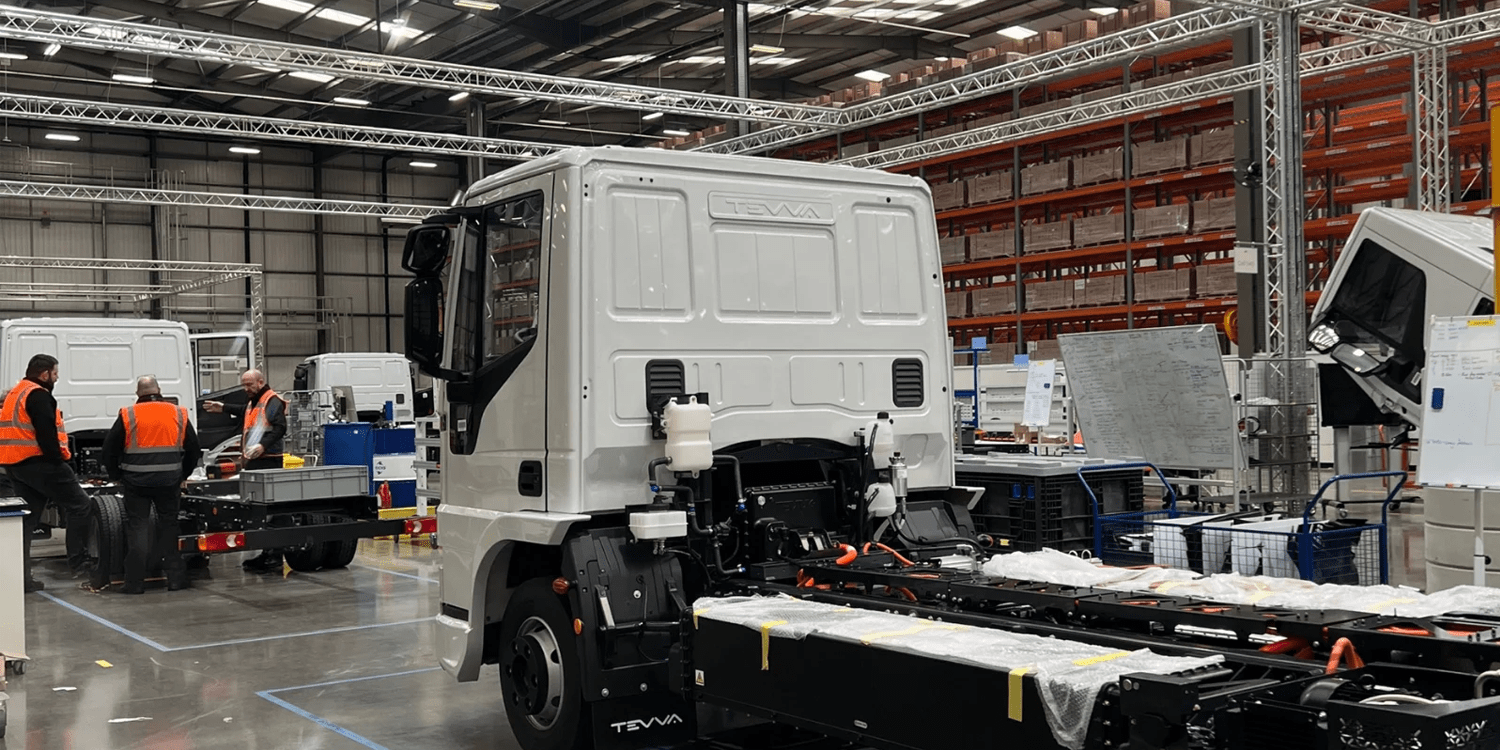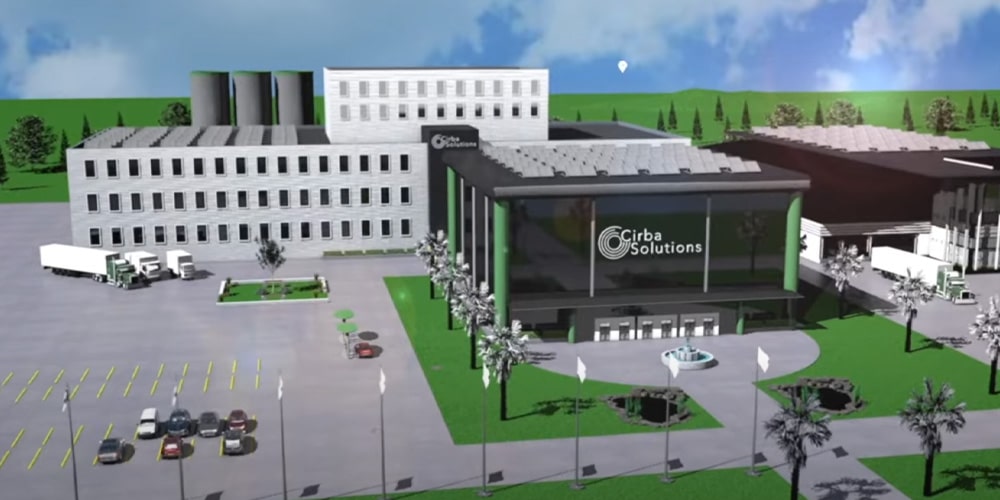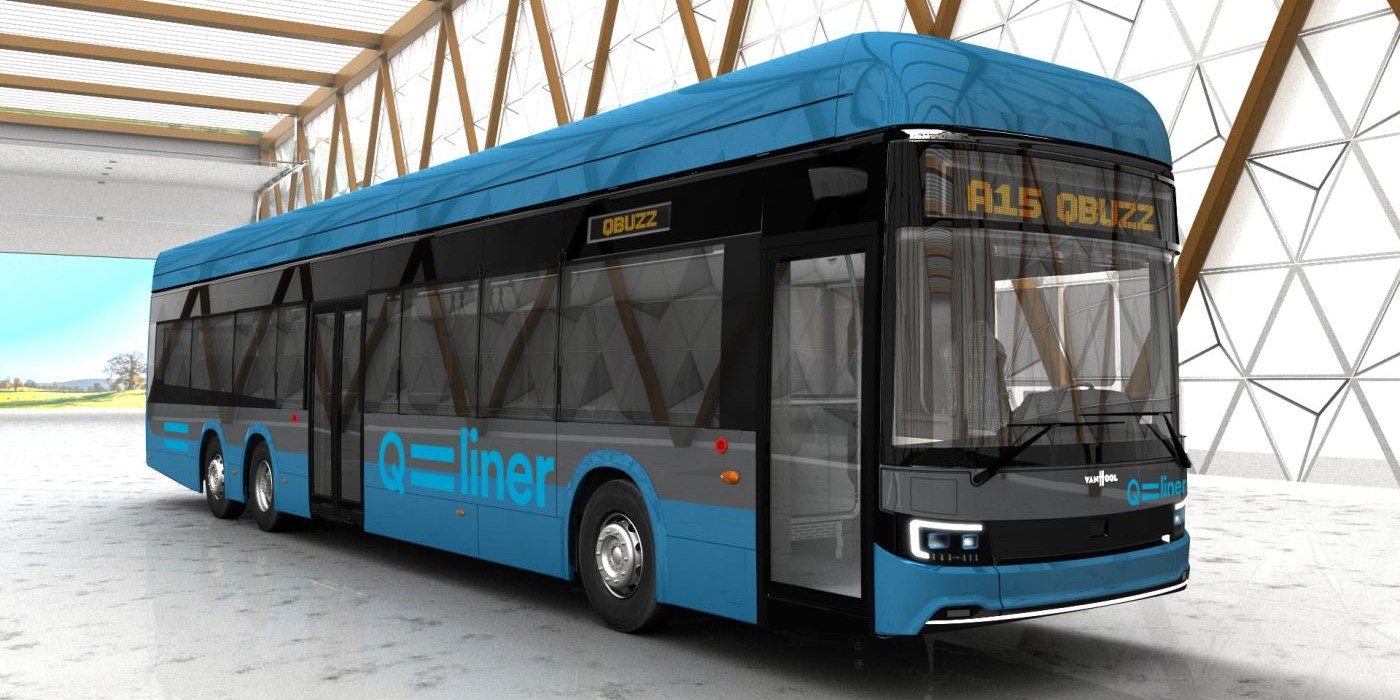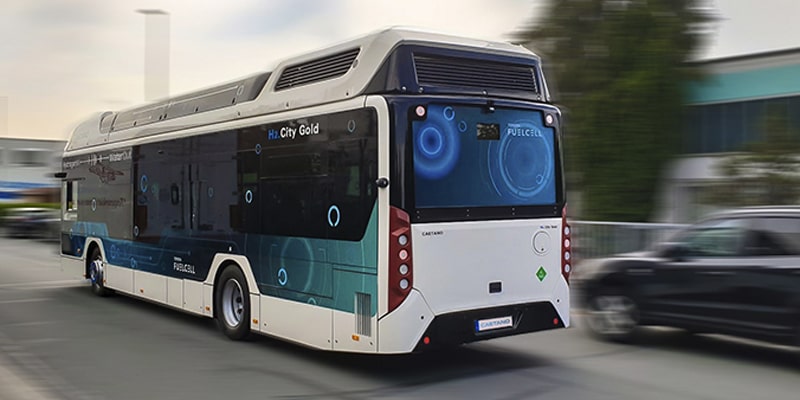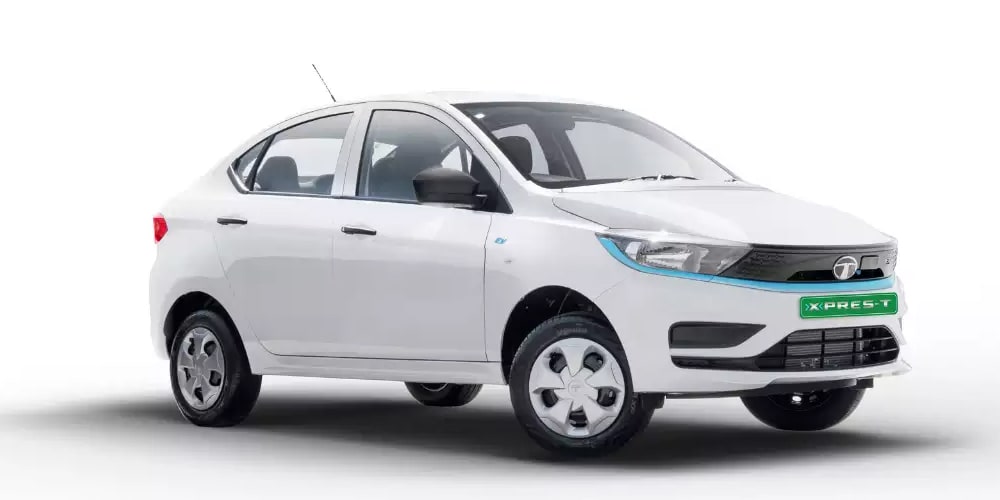South Korean multinational electronics company LG Energy Solution (LGES) has announced that its battery factory in Arizona will be significantly larger than previously communicated. The facility will have an annual capacity of 27 GWh for round cells, more than double what was initially planned. Additionally, LGES will construct a second production facility on the same site for LFP pouch cells for stationary energy storage systems, with an annual capacity of 16 GWh.
This marks the “largest single investment ever for a stand-alone battery manufacturing facility in North America,” according to LGES, with the company investing approximately $5.5 billion in the construction of the manufacturing complex in Queen Creek. Just over $3 billion will be used for round cell production.
See also: LG Energy Solution (LGES) announced another battery factory in North America
“Our decision to invest in Arizona demonstrates our strategic initiative to continue expanding our global production network, which is already the largest in the world, to further advance our innovative and top-quality products in scale and with speed,” says Youngsoo Kwon, CEO of LG Energy Solution. “We believe it’s the right move at the right time in order to empower clean energy transition in the US.”
The change in plans comes as a result of rising demand from EV makers for locally manufactured high-quality, high-performance batteries in an effort to satisfy the Inflation Reduction Act (IRA)‘s EV tax credits. In addition, demand for batteries for stationary energy storage is also increasing.
See also: LG Energy Solution in Talks with Tesla to Supply Batteries from Arizona Factory – Report
However, the change in plans is causing a delay. Construction was initially set to begin in Q2 of 2022, with production starting in the second half of 2024. LGES now says that construction of both production facilities will begin this year. The round battery plant is scheduled to begin mass production of 2170 format cells in 2025, primarily for EV makers in North America. Production of LFP cells is expected to start a year later.
This move by LGES highlights the increasing importance of battery manufacturing in the push towards a cleaner energy future. As the demand for EVs and stationary energy storage continues to grow, companies like LGES are looking to expand their production networks to meet this demand and accelerate the transition to clean energy.

